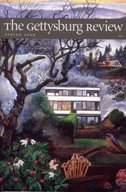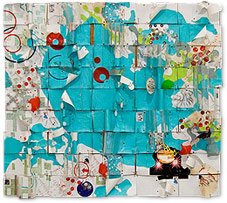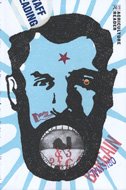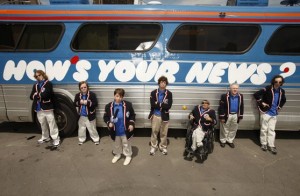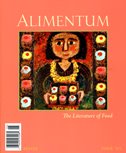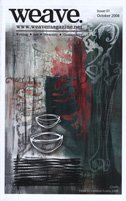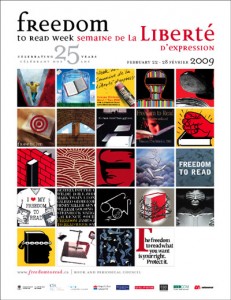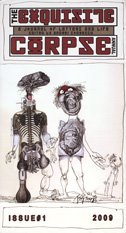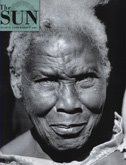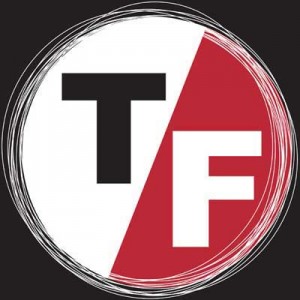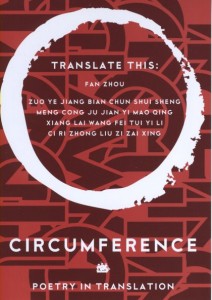Get Lit!
April 10-19, 2009
Spokane, WA
The Northwest’s best festival for readers and writers features author presentations and readings, writing workshops and panels, author visits to schools throughout eastern Washington and into northern Idaho, youth poetry slams, and more. Many events are free to the public. The festival, now celebrating its 11th year, is produced by Eastern Washington University Press.
This year’s authors include: Simon Armitage, Charles Baxter, Margaret Lippert, Paul Roberts, Jane Smiley, David Suzuki, Ellen Wittlinger, Pamela Aidan, Zan Agzigian, Glenda Burgess, Patrick Carman, Sarah Conover, Chris Crutcher, Claire Davis, William Dietrich, Kathy Fagan, Deby Fredericks, Sam Green, Adina Hoffman, Christopher Howell, Sandra Hosking, Sherry Jones, John Keeble, Jim Kershner, Melissa Kwasny, Laurie Lamon, Ken Letko, Phillis Levin, Buddy Levy, Samuel Ligon, Tod Marshall, Brenda Miller, Kelly Milner Halls, Kenn Nesbit, Laurie Notaro, Oliver de la Paz, Midge Raymond, Claire Rudolf Murphy, Brandon Schrand, Martha Silano, Gregory Spatz, Mark Steilen, Rachel Toor, Manny Trembley and Eric Anderson, Kathryn Trueblood, Jeanette Weaskus

